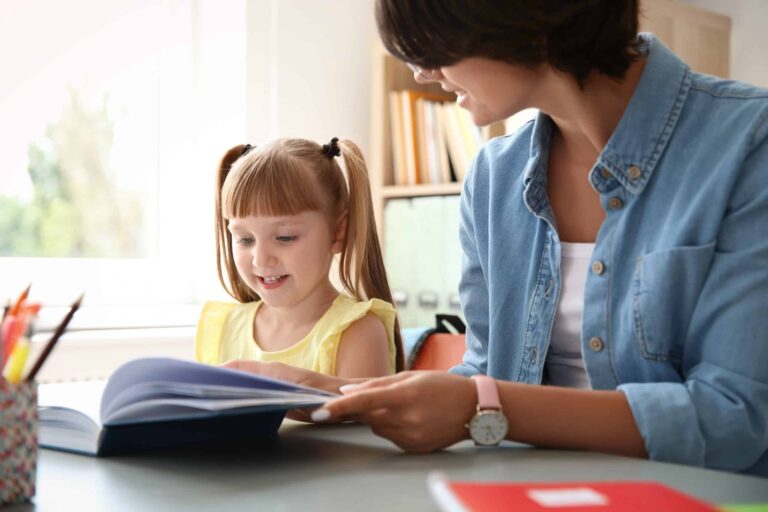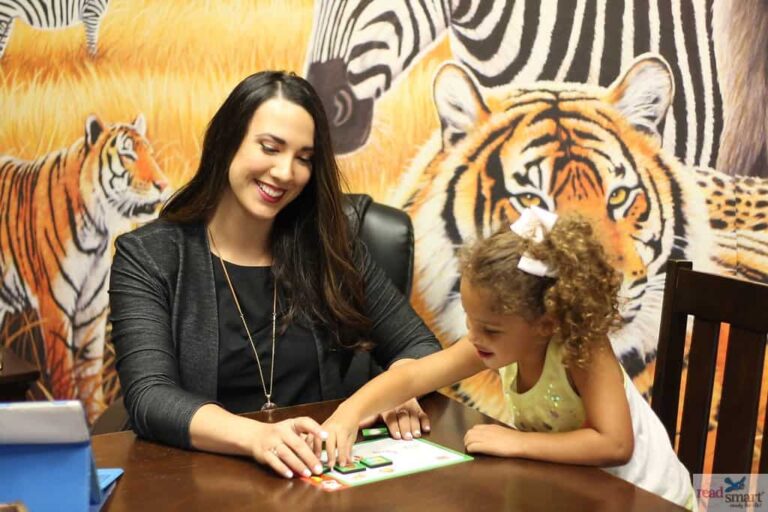Learning is not a one-size-fits-all process. Each child has a unique learning style. They process and understand information in a variety of ways. The following information discusses the general ways that most children learn and various aspects of each learning style.
Visual Learners
Visual learners process information through reading and looking at various pictures. Younger children who learn this way often prefer maps and diagrams. Older learners may rely on written instructions to understand material. Seeing a demonstration rather than hearing about something is ideal for these types of learners. These youngsters might grow restless or impatient when listening to an explanation.
Auditory Learners
Those who learn by listening to information are auditory learners. Auditory learners may enjoy listening to recordings and working in discussion groups when learning new information. They will often prefer to hear verbal instructions instead of reading them. These children may be more easily distracted by background noise.
Kinesthetic Learners
Children who learn primarily by touching and doing are considered kinesthetic learners. These types of learners sometimes have difficulty sitting still. They are often more likely to remember information if they write it down. They often want to handle objects when learning something new and are more likely to talk with their hands. This type of learning is also sometimes referred to as tactile.
Combination Learners
Most children learn in a combination of ways, but still have a strong inclination for one of the previous three. Teachers will often attempt to teach material in a variety of ways to be able to reach each type of learner.
If your child is struggling with reading or you simply want to improve your child’s skills it’s important to contact a reading tutor with proven experience. Read Smart specializes in determining a child’s learning style and helping a child improve his or her reading skills. They provide a comprehensive assessment and develop individual strategies for each child. Contact Read Smart for a free reading evaluation for your child.





